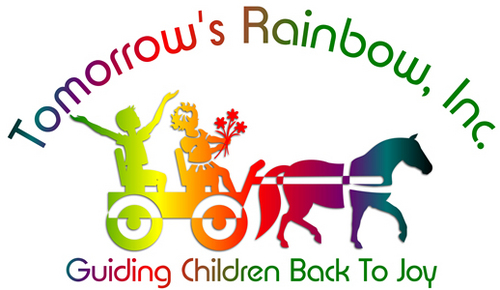Parenting is one of the most rewarding experiences, but it is also incredibly stressful. Whether you are a new parent or have been raising children for years, the pressure to balance responsibilities, meet your child’s needs, and care for yourself can feel overwhelming. Understanding parenting stress is essential for your well-being and your family’s health. Here are some ways to cope with the challenges of parenting.
Acknowledge Your Stress

The first step in coping with parenting stress is recognizing it. Parenting is harsh, and stress does not make you a bad parent. By acknowledging your feelings, you take away some of the power stress has over you. You can then begin to address the sources of that stress productively. Whether it is the constant demands of your children or the challenges of managing your household, being aware of your stress is key to reducing it.
Be Realistic
As a parent, it is easy to fall into the trap of perfectionism. You might feel like you must do everything perfectly—balance work, school, extracurricular activities, and housework—all while keeping your children happy. However, being realistic about what you can do and offer your family can alleviate a lot of pressure. Recognize that no one can do it all, and it is okay to ask for help or adjust schedules when needed.
Take Breaks When You Can
Parenting can be a 24/7 job, but it is essential to make time for yourself. Taking breaks, even if it is just for a few minutes, can help you recharge and prevent burnout. Whether you step outside for a quick walk, meditate, read, or just sit in silence, taking breaks enables you to maintain your energy and emotional well-being. It can be easy to feel guilty about taking time for yourself, but remember, self-care is necessary for being your best parent.
Practice Communication
Parenting often requires teamwork, especially if you are co-parenting with a partner. Open, honest, and healthy communication with your co-parent or support system is crucial. You may feel the urge to shut down or lash out, but these responses often escalate stress. Instead, try to calmly express your feelings and needs. This creates a supportive environment where both partners can address the stress together.
Create a Routine
A consistent routine can help reduce stress by creating predictability in the household. Children thrive when they know what to expect, and having a structured day can minimize chaos. Set regular times for meals, bedtimes, and other activities. You and your children will feel more in control by managing the day-to-day with a clear routine.
Reach Out for Support
Parenting does not have to be done alone. Whether it is family, friends, or a therapist, reaching out for support can make a difference. Talking with others who understand your struggles can provide emotional relief and helpful advice. You can also find parenting groups or communities that offer mutual support and resources.
Get Professional Help if Needed
Parenting is a journey filled with highs and lows. Acknowledging your stress, being realistic, taking breaks, and seeking support can reduce the pressure and help you feel more balanced.
Remember, it is okay to ask for help along the way. If stress is affecting your ability to manage daily life or is contributing to feelings of depression or anxiety, it may be time to seek professional help. A therapist can help you work through stress management techniques and address any underlying emotional challenges. Sometimes, talking to someone outside your immediate circle can provide a fresh perspective and new coping strategies. Early Connection can help you manage parenting stress and provide support during tough times. Get the guidance you need today by contacting our practice.







